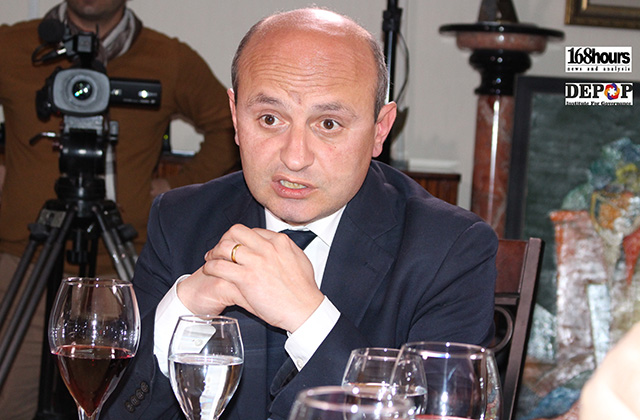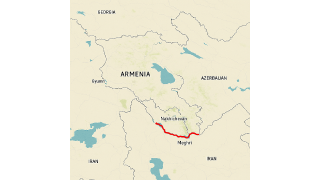
This is Armenia’s diplomatic defeat to Azerbaijan: Styopa Safaryan

Styopa Safaryan, founder and head of the Armenian Institute of International and Security Affairs (AIISA), considers Armenia could have raised the closure of OSCE Yerevan Office on international level, which it didn’t do, ”This way Azerbaijan would understand that the step could have had dangerous implications for it, and currently Azerbaijan realizes that it won’t be punished for that step. Yes, this is Armenia’s diplomatic defeat to Azerbaijan.”
In reply to the statement by Tigran Balayan, MFA spokesperson, that with its strict destructive approaches Azerbaijan appeared in absolute isolation in OSCE, Styopa Safaryan said, “Surely Azerbaijan won’t be positively observed, however, saying that Azerbaijan is being isolated, I’m sorry, but it isn’t about isolation, just the contrary—Azerbaijan became so powerful that it’s able to close mandate of a rather authoritative organization not in its country, but in a different one. Let’s be sober and call things by their names.”
He considers by this authority of OSCE falls, “OSCE is losing its influence on the parties to the conflict, of course, the mandate of conflict settlement isn’t conditioned by local offices, of course, that mandate exists, but let’s comprehend, that mandates of local offices were complementary directions of that mandate, which have implemented various programs—from demining to human rights, civil control of armed forces, fight against corruption and others. This is what I call conflict transformation, so that it had solution.
Currently the office is being deprived of such tools. Conflict settlement mandate, which from 1992 was entitled to OSCE MG, currently has no feet, hands, i.e. the toolsets, that the societies should decide the settlement, are lacking. If OSCE MG Co-Chairs state that the societies should decide the settlement, if freedom of speech isn’t developed, if contacts between people don’t develop, numerous measures on trust strengthening aren’t taken, formerly implemented by OSCE, doesn’t the issue resolution become complicated? Of course, it does.”
By Razmik Martirosyan























